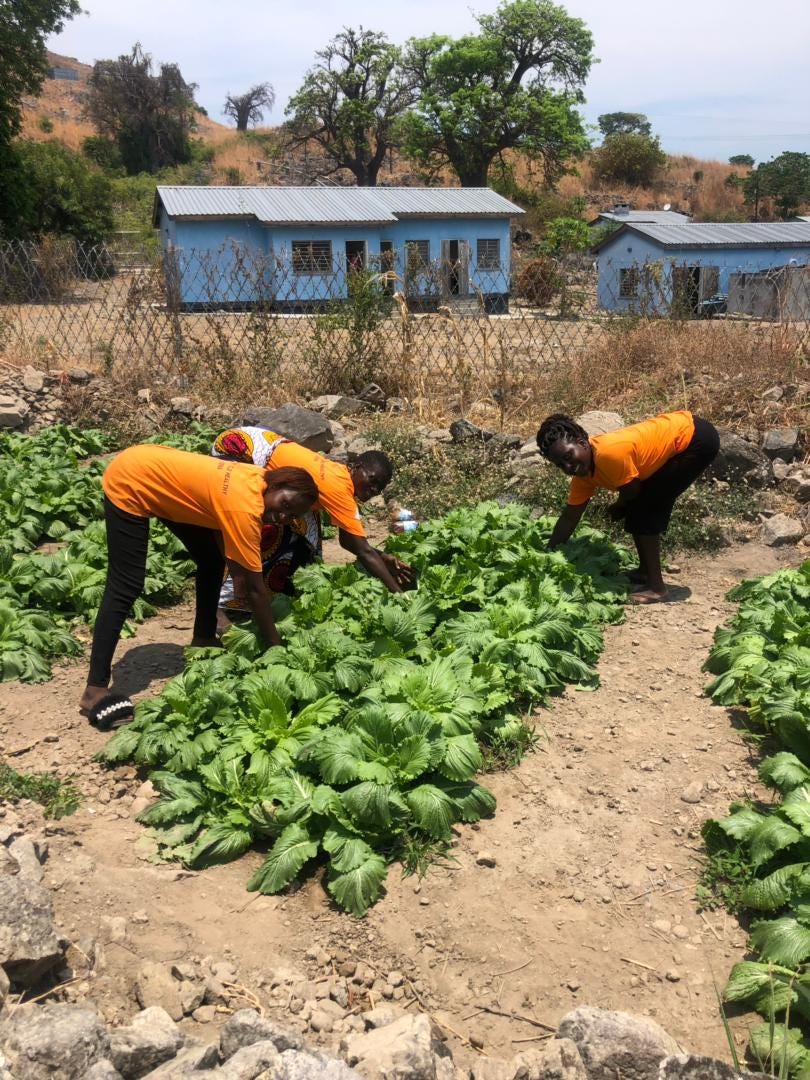Investing in Early Years Program Improves Coverage and Utilization of ECD Services on Likoma Island, Benefitting 90% of Targeted Population
The programme served 7,194 individuals, or 90% of its intended beneficiaries.
Malawi: Communities on Malawi's Likoma Island have praised the Investing in Early Years Program (IEYP) for increasing access to and use of early childhood development services, writes Oliver Malibisa.
The programme served 7,194 individuals, or 90% of its intended beneficiaries.
The beneficiaries of the programme, which started in 2019 and is scheduled to end in 2024, receive training in a variety of subjects, including farming, animal husbandry, and preparing wholesome meals.
Mayamiko Makondi, the principal nutritionist and HIV/AIDS officer for the Likoma District, said: "The targeted beneficiaries have learned a variety of skills, including how to farm vegetables and fruits, raise livestock and poultry, and prepare wholesome meals. As a result, the number of cases of malnutrition in hospitals and the general population has significantly decreased."
In order to make communities self-sufficient, the programme also provided loan savings training.
Abess Vumbwe, a beneficiary, said: "We have gotten a lot out of the programme, and as a result, we can all now demonstrate how to make wholesome meals for our families. Additionally, we acquired knowledge about farming vegetables and fruits as well as raising livestock and poultry."
Group Village Head Chalunda of the Mbamba area praised the programme for effectively meeting the needs of the island district's residents, noting that the number of deaths brought on by malnutrition and financial instability has decreased since the program's inception.
Chalunda said, “Deaths of children and pregnant women caused by malnutrition and issues of financial instability in many households is now history since the program started in the district.”
Mercy Sauli, a mother of two, reported that her allotment of goats, vegetables, and fruits has multiplied, providing her with food and a source of income.
Nevertheless, Sauli said, “Grazing is one of the major challenges I am facing due to limited pasture as the island district does not have enough grass for animal feed. This is forcing us to trespass into other people's lands where it is unpredictable to end the day without being charged for evading.”
Despite having a small land Sauli acknowledged potential of vegetable and fruit business on the island soils.
She then called upon government and other organizations to invest in the island district with vegetables and fruit farming.
In 13 districts of Malawi, the World Bank-funded programme seeks to increase the use of services for early childhood development, with a focus on nutrition, stimulation, and early learning from conception to 59 months.



